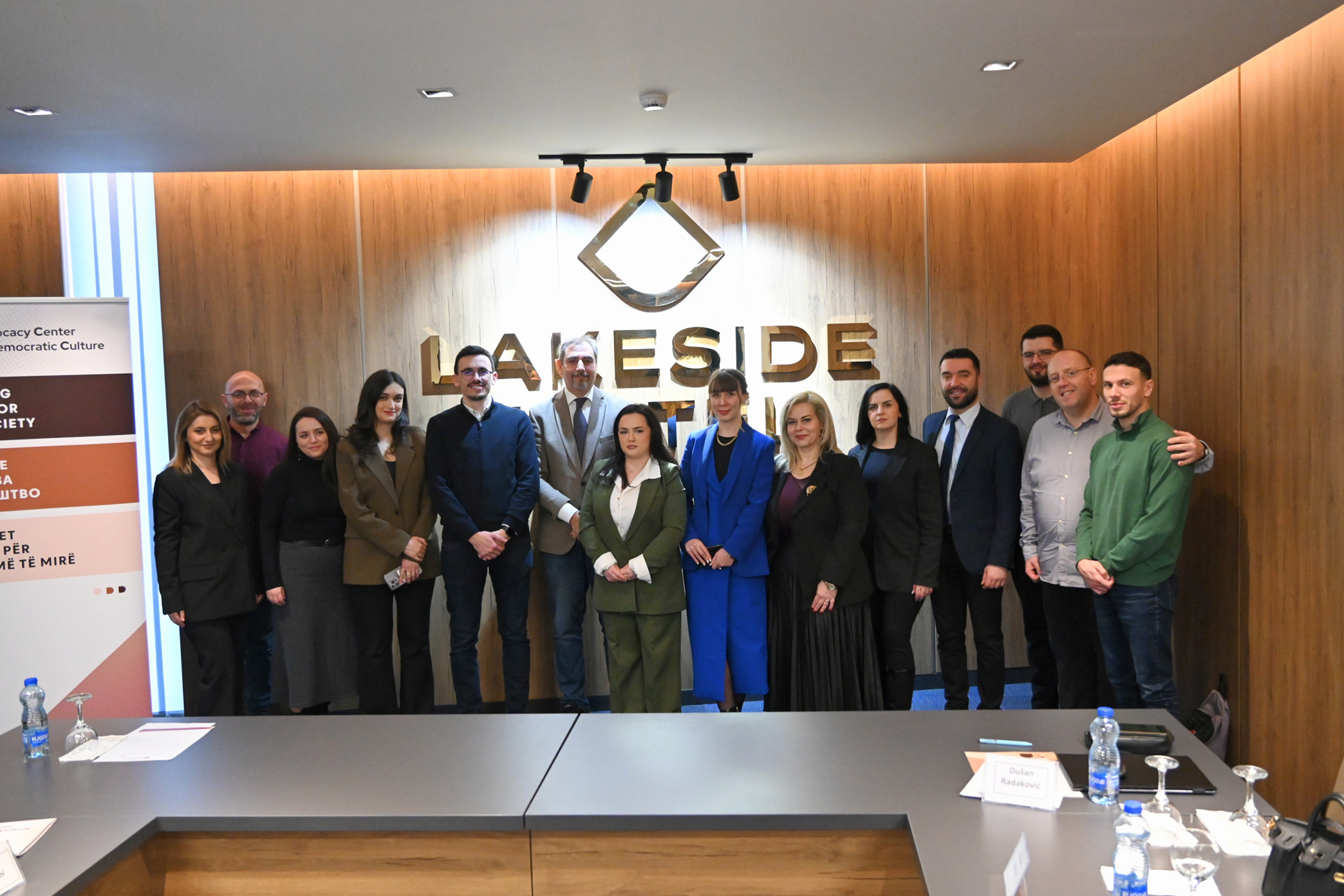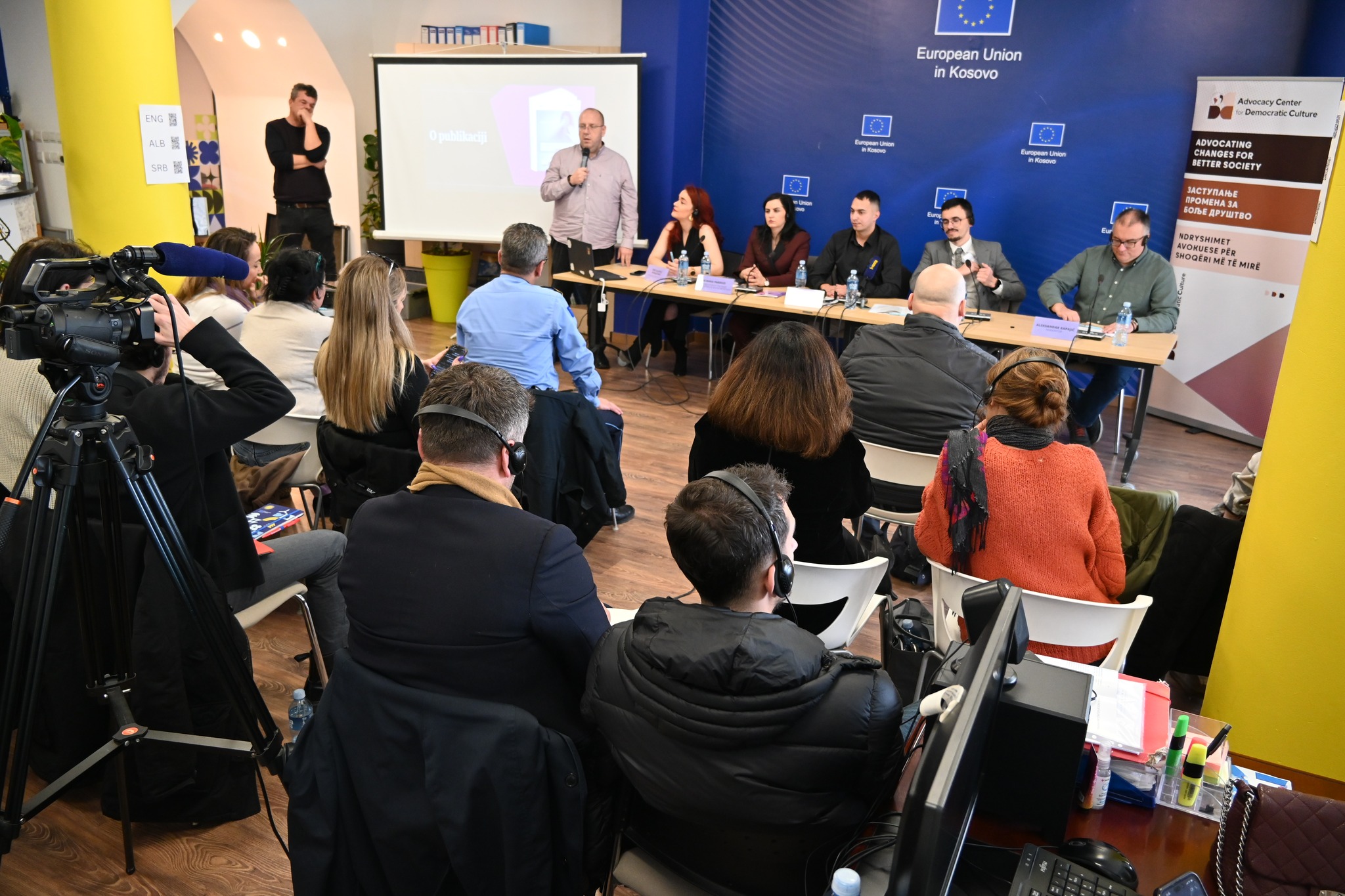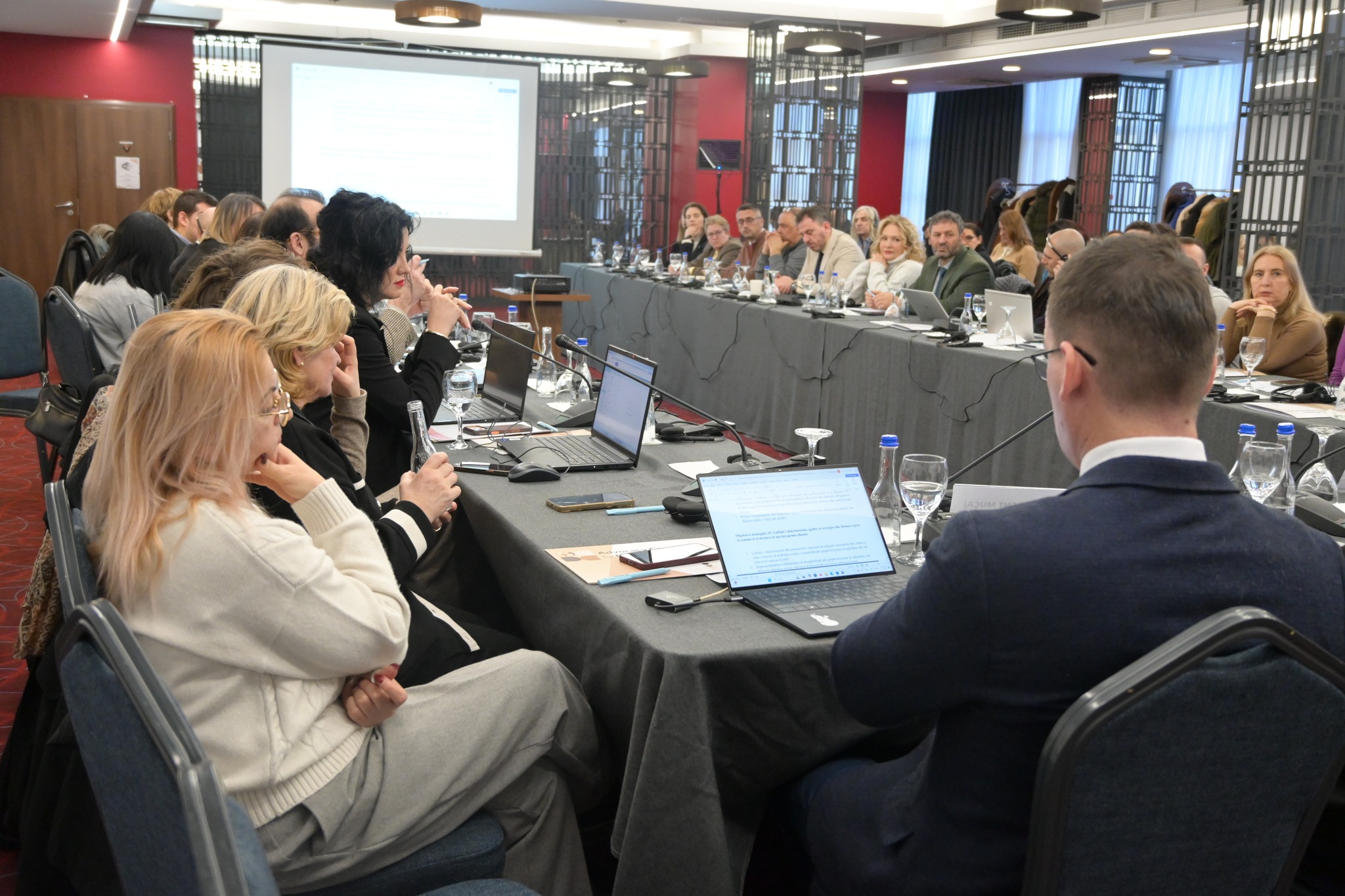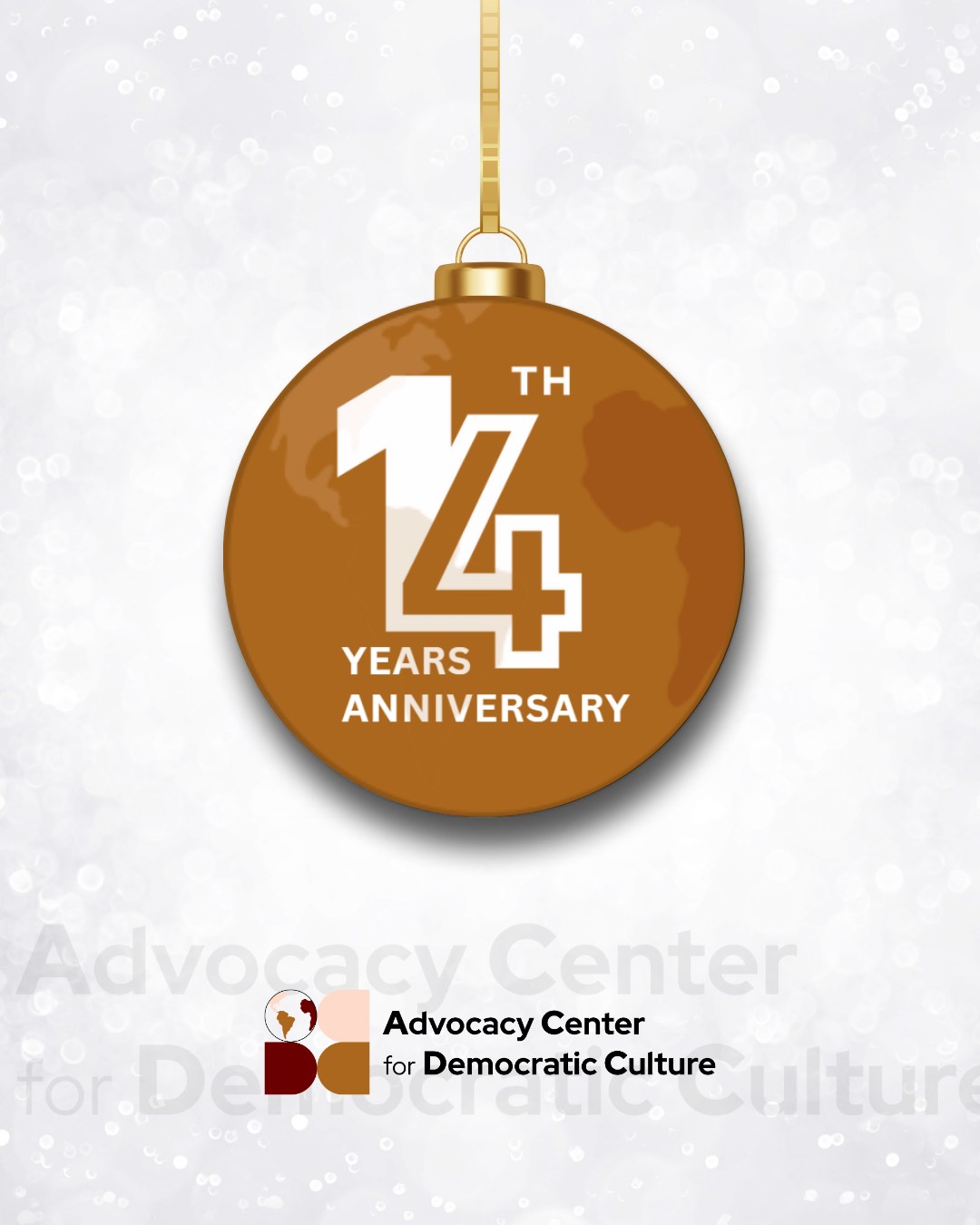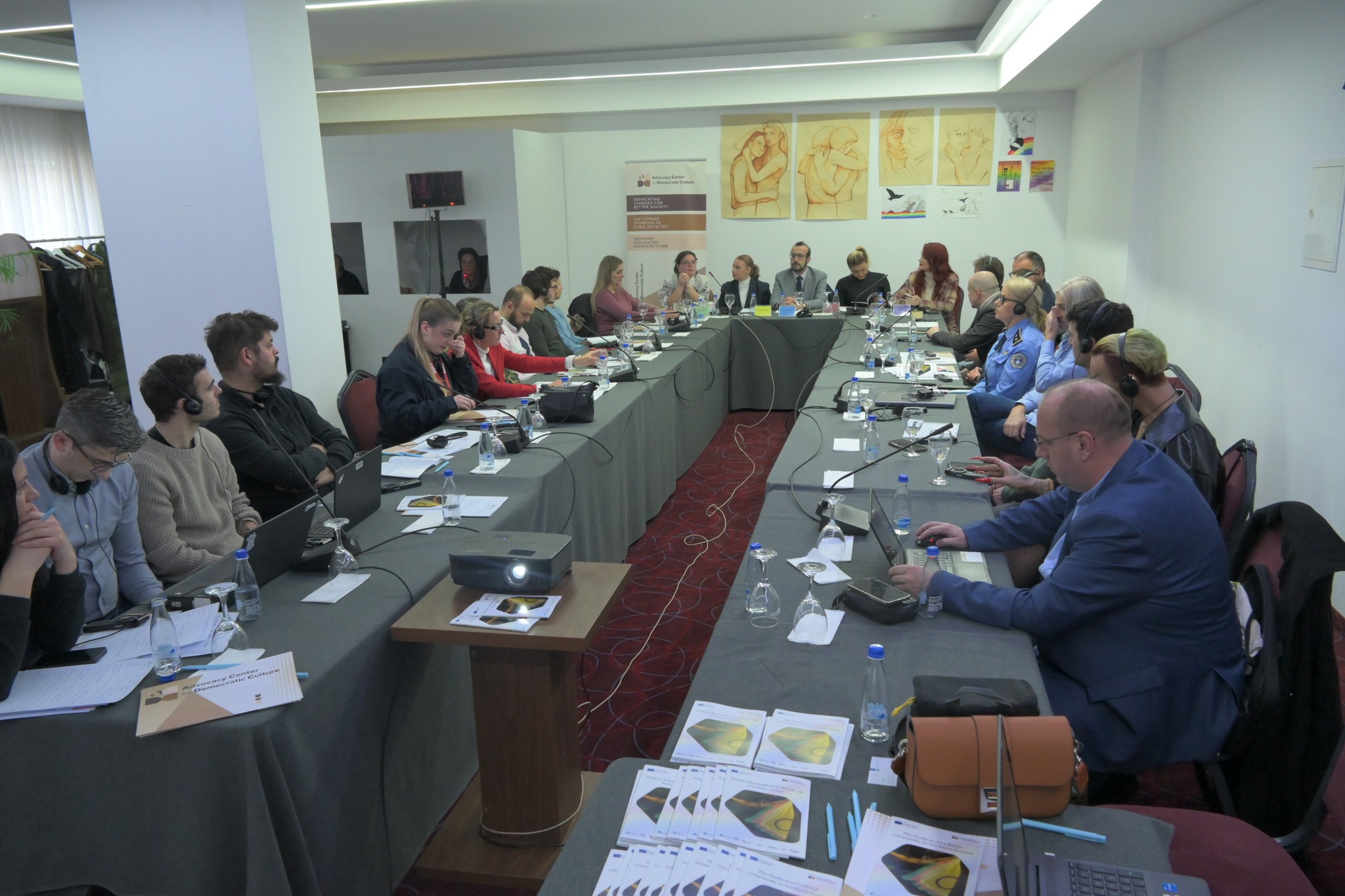22.06.2023. » 11:57
OP - ED Nature Conservation for a Better Future: The Role of Environmental Awareness in the protection of Human Rights Protection
How does environmental awareness impact the promotion of human rights? What are the consequences of contamination and depletion of natural resources? Nevena Vulović, Master of Environmental Engineering, sheds light on the crucial role of environmental awareness in achieving the right to a healthy life. Additionally, she highlights challenges such as the existence of illegal dumpsites in Northern Kosovo that require the involvement of all relevant stakeholders. She emphasizes that citizen engagement, youth education, and promotion of recycling are essential steps toward nature preservation.
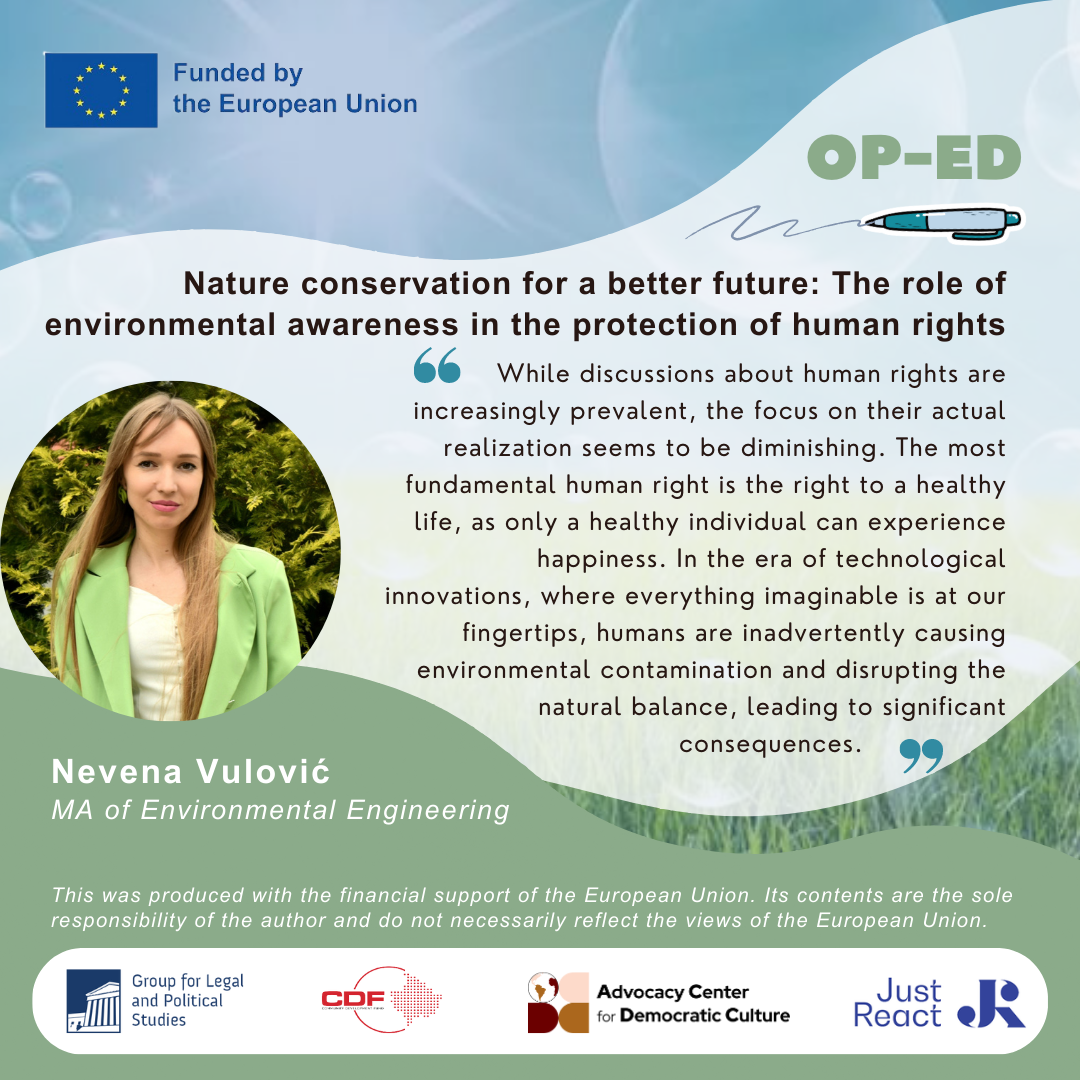
In the era of technological innovations, where everything imaginable is at our fingertips, humans are inadvertently causing environmental contamination and disrupting the natural balance, leading to significant consequences.
The rates of natural resource consumption have reached unprecedented levels, and global supply chains are intertwined with exploitation. With the depletion of natural resources, environmental protection becomes a phenomenon that demands a global response. Depletion of resources gives rise to severe pollution. Humans are interconnected with nature, and a healthy Earth, clean air, and fresh water are essential for our survival. Pollution poses an existential threat to human health.
While discussions about human rights are increasingly prevalent, the focus on their actual realization seems to be diminishing. The most fundamental human right is the right to a healthy life, as only a healthy individual can experience happiness. If we deplete all resources and leave pollution behind, we will encounter significant problems in the future.
Human activities have significantly contributed to environmental degradation. As Borislav Pekić stated in his book "Rabies":
"We have exhausted our resources. Used up credits. Polluted the land. Disturbed the balance. We behaved toward it like highway robbers in passing."
To solve this problem, it is necessary to elevate environmental awareness to a higher level among people. By reducing pollution, we can increase the availability of resources and restore natural equilibrium. Understanding the significance of environmental law allows us to realize that solving today's problems is feasible.
In Northern Kosovo, numerous illegal dumpsites exist due to the lack of well-developed waste management infrastructure. This issue leads to other problems, such as the creation of garbage heaps, particularly prevalent in rural areas lacking organized waste collection systems by competent authorities. Involving citizens in environmental decision-making processes enables greater respect for human rights and better environmental protection. To improve the situation, youth education and the implementation of punitive measures are necessary. Tolerance toward pollution and the infringement of human rights cannot be tolerated. Pollution poses not only a local but also a global threat, as its consequences transcend borders through various means, such as air and food contamination.
 Each of us can contribute to environmental conservation. The choices we make will determine the possibility of a healthy life and bring human rights in alignment with the rights of our planet, Earth. As the importance of raising environmental awareness among people is often emphasized, I wanted to contribute to this matter through this text. It is important to note that different types of waste have varying degradation rates. While organic waste, such as food, decomposes relatively quickly, other types of waste, such as batteries, plastic, and glass, require much longer periods, even centuries, to break down. One solution for waste reduction is the establishment of recycling centers. It is crucial to perceive waste as a resource or a semi-finished product that, through recycling, can become raw material for new products. From this perspective, waste is not just an ecological problem negatively impacting economic development but also an opportunity for environmental preservation and economic progress to coexist.
Each of us can contribute to environmental conservation. The choices we make will determine the possibility of a healthy life and bring human rights in alignment with the rights of our planet, Earth. As the importance of raising environmental awareness among people is often emphasized, I wanted to contribute to this matter through this text. It is important to note that different types of waste have varying degradation rates. While organic waste, such as food, decomposes relatively quickly, other types of waste, such as batteries, plastic, and glass, require much longer periods, even centuries, to break down. One solution for waste reduction is the establishment of recycling centers. It is crucial to perceive waste as a resource or a semi-finished product that, through recycling, can become raw material for new products. From this perspective, waste is not just an ecological problem negatively impacting economic development but also an opportunity for environmental preservation and economic progress to coexist.
The future of the younger generation depends on us. Due to our mistreatment of the planet, a significant number of plant and animal species are on the brink of extinction. What humans conceive, nature can dismantle but the consequences will be borne by those who attempted to overpower it. It is for these reasons that we strive to combat various diseases and seek ways to solve them. Our only path forward is to find solutions within nature itself.
The author of this essay is Nevena Vulović, Master of Environmental Engineering, who completed her studies at the Faculty of Technical Sciences in Kosovska Mitrovica.
Latest news

